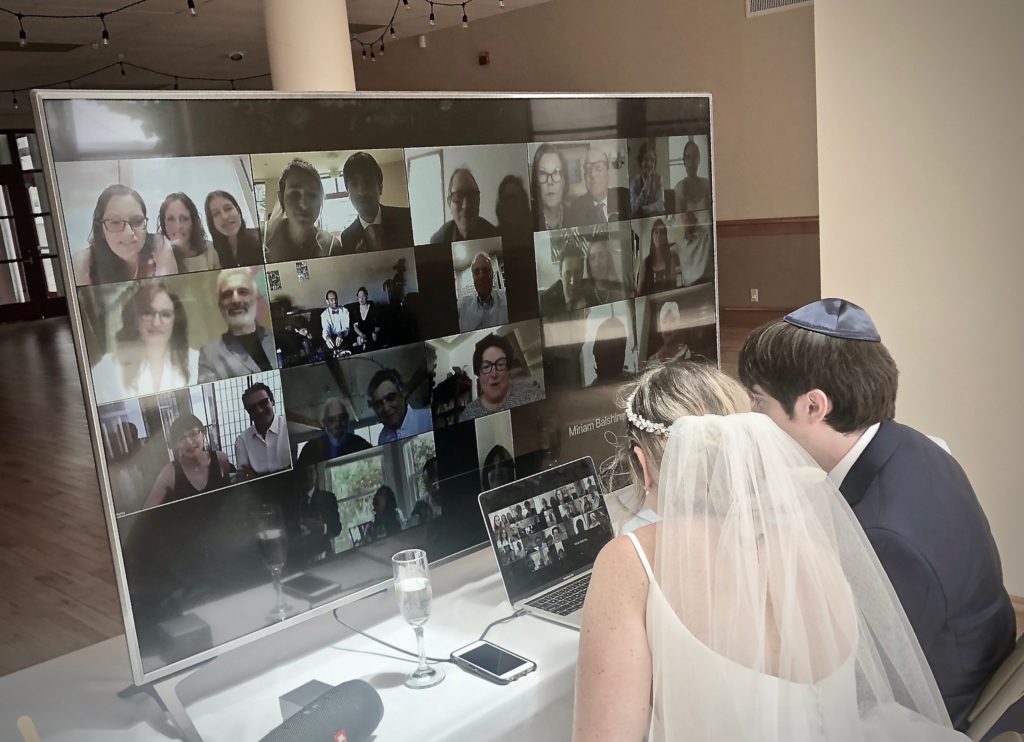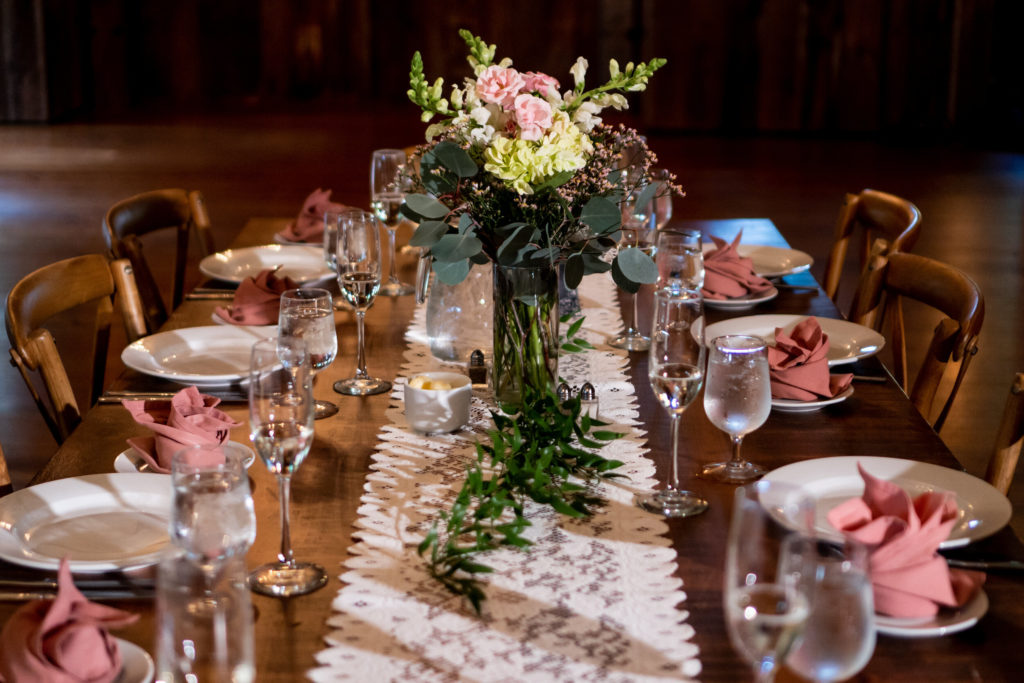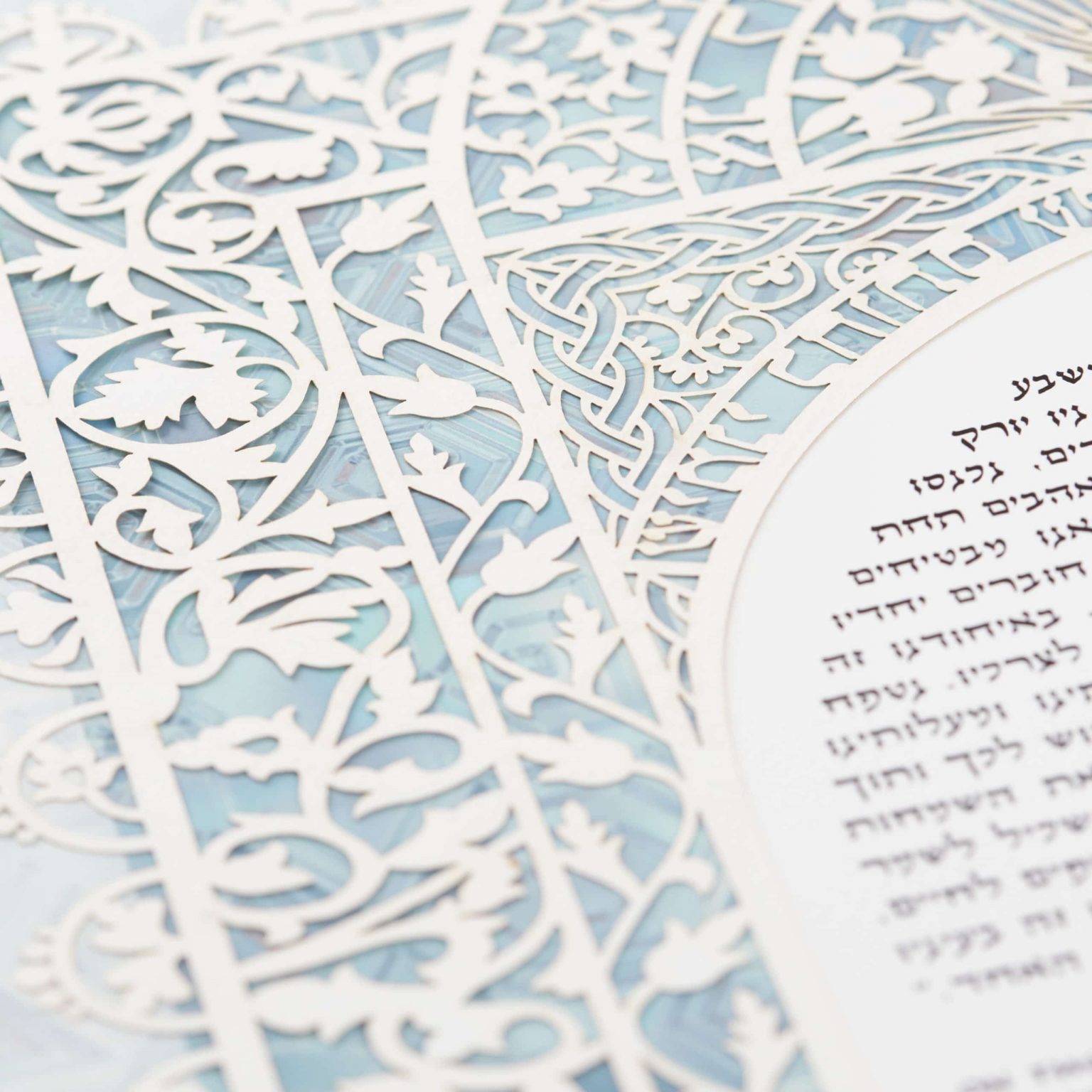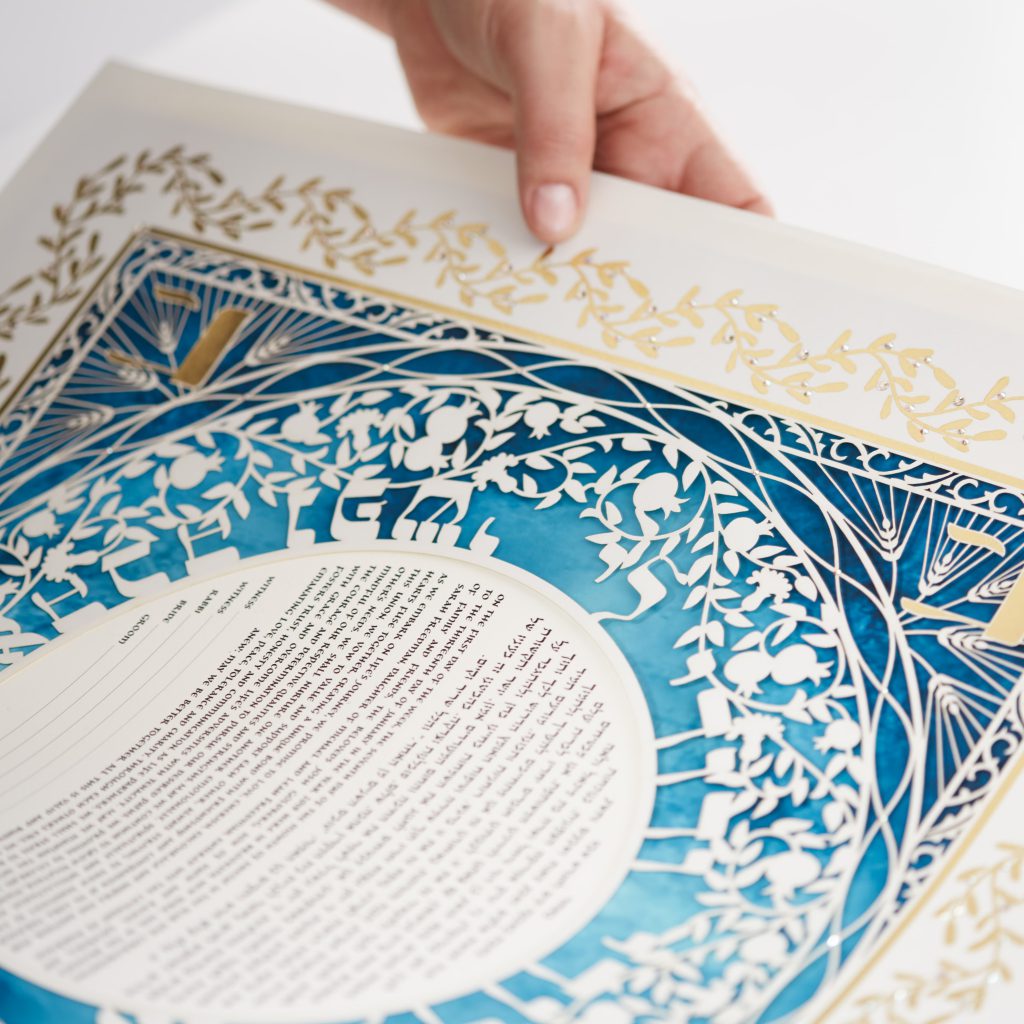
We’ve seen some fantastic scaled-down weddings that simply couldn’t be stopped, but we have also been thinking about what the future may hold. Once the threat of the pandemic is over, will Jewish weddings be changed forever? Are virtual weddings going to become more acceptable, perhaps even normal?
Right now, things are very different from what we’re used to. From smaller weddings, to socially-distanced bar mitzvot, and even changes to shivas, many of our traditions are adapting to a new reality. So, what other changes may be in store for weddings?
The Ceremony

The ceremony connects us with tradition, family, and religion. Changes here are not made lightly, but we may see some become normalized and widespread, like having smaller, mostly outdoor ceremonies with people spaced further apart.
Virtual ceremonies may be very popular until the pandemic is over. We have heard of in-person ceremonies still happening (with fewer guests), but a virtual ceremony is the only way to safely include friends and family. Streaming the ceremony will give everyone a chance to be connected, deliver speeches, even recite the Sheva Brachot.
Virtual signing of a real ketubah: if you send signatures in advance, we can do this for you, and we have done it very successfully in the past with replacement ketubahs. Orthodox rabbis will certainly not allow this, and you should check with your officiant to see if it’s OK, but it’s certainly a great option.
The Physical Essentials

There are some physical elements of a wedding we can’t do without. For instance, you will still need a chuppah! You’ll also need a glass to break when the ceremony is completed—finding the right kind of glass could be tough but remember, lightbulbs are always a great alternative. Finally, a gorgeous ketubah will still be necessary—and of course, don’t forget the ring!
The Reception

The reception is where we expect to see the most downsizing in the future. Gone are 300 guest minimums! Smaller numbers may become the norm for physical receptions. Gloves and masks, possibly with the names of the married couple and date of the wedding (created like kippah handouts in the wedding colors) could become the latest trend.
Zoom Party Planner: yes this sounds crazy, but it could be a new honorary role, or kibud, in contemporary weddings. After all, if you can’t have a wedding in person, it goes without saying that the reception will have to be teleconferenced as well—in which case having someone organize and moderate it will be a crucial and responsible role.
Tradition in Transition
Creative ways to fulfil tradition while being careful may well be a distinguishing feature of weddings in the coming year, and certainly until the pandemic has ended. We wonder about what sort of longer term changes we’ll see—will the ones we talked about stick or will they be forgotten down the road? This pandemic may launch some unexpected traditions that our descendants will be discussing in 500 years!



